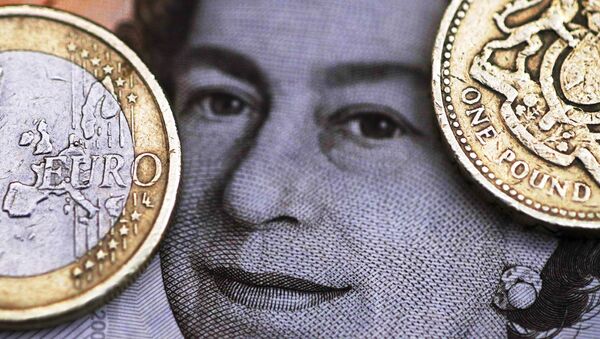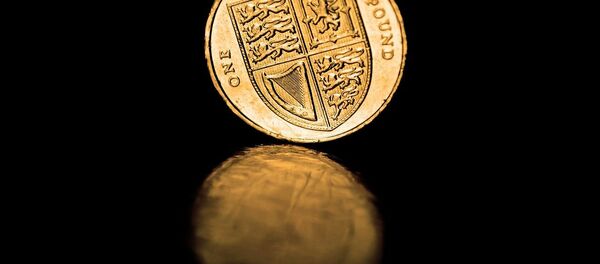Kristian Rouz – Inflation in the UK gained momentum post-Brexit as the pound sterling’s slump rendered the imports more expensive, however, the discounts offered by most retailers consumer helped contain the gains in consumers prices.
In January, UK inflation accelerated to 1.8pc year-on-year compared to that of 1.6pc the previous month. Earlier predictions for the January inflation stood at 1.9pc, meaning the pace of price growth is still moderate, and the BOE has more wiggle room to keep the ultra-accommodative monetary policies in place till the second half of this year.
UK inflation was last recorded at the BOE 2-percent target in December 2013, with the subsequent crash in commodity and oil prices bringing the costs of imports and manufacturing input down significantly. Now, with the anticipated foreign trade disruptions, the rise of domestic manufacturing, and the sterling’s devaluation, inflation is nearing its normal level.
“The downside surprise entirely reflected a pullback in clothing inflation,” Samuel Tombs of London-based Pantheon Macroeconomics said. “We continue to expect inflation to rise sharply over the coming months.”
Indeed, many clothing retailers had offered significant discounts on their merchandise over January in an effort to boost sales. The gains in inflation, seen as good for the nation’s productive forces, have therefore failed to impair consumer sentiment, but the price index is likely going to overshoot the BOE’s target in the coming months. The rise in oil and imported commodity prices are the main reason, whilst the rapid expansion in manufacturing and construction will render these resources even more valuable.
Should the UK inflation overshoot the BOE target, the regulator will gain an opportunity to adjust its interest rates accordingly, in the shape of base interest rate hikes – the luxury that the European Central Bank (ECB) cannot afford due to the still dismal low gains in prices on the continent.
With UK factory input costs rising at their quickest since 2008, inflation might hit 3pc by late 2017, allowing for higher interest rates. The growth would then slow down, unless the gains in manufacturing and exports will contribute to a quicker expansion. Whilst the European Commission envisions the UK growth at 1.2pc in 2018, the BOE is more optimistic, seeing the UK economic expansion at 2pc in 2017 and 1.6pc in 2018.
UK import costs skyrocketed by 20pc year-on-year, due to the sterling’s 15-percent devaluation, the roughly 90-percent rise in oil prices, and the robust expansion in domestic manufacturing that spurred the demand for raw materials. The BOE base borrowing costs stand at 0.25pc, and are subject to an upward revision should the inflationary pressures prove too strong.
Whilst the UK’s economic performance was unexpectedly solid in the second half of 2016, the prices are bound to go up at a quicker pace than in the past three months, meaning that inflation might overshoot the BOE target as soon as in February. Considering the consolidation in manufacturing, and gains in small construction, the BOE might hike rates sooner.
However, the regulator will likely wait till after the 1Q17 GDP report arrives in late April before embarking on any substantial policy action. As the negotiations with the EU progress, Brexit concerns will still affect investor sentiment, meaning GDP growth figures will be the only determinant of the UK’s monetary policy in the tumultuous times ahead.







